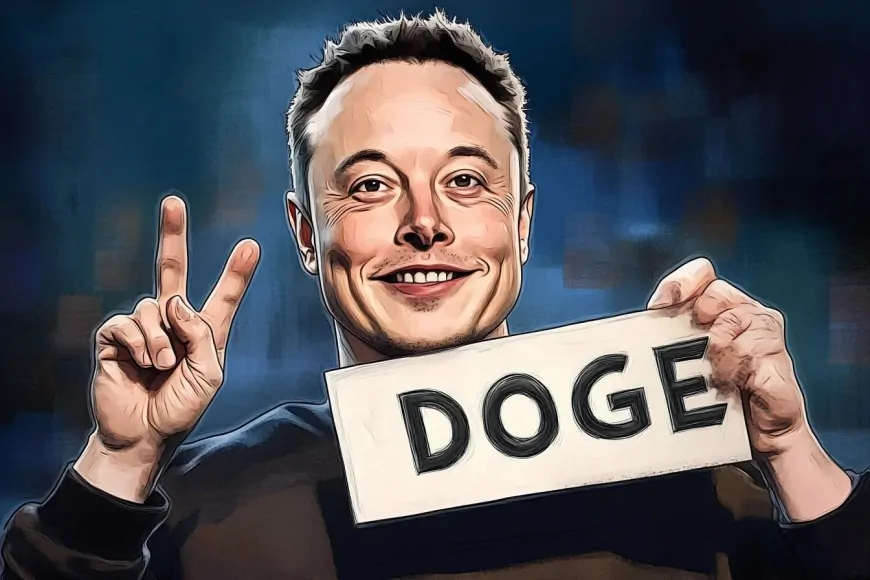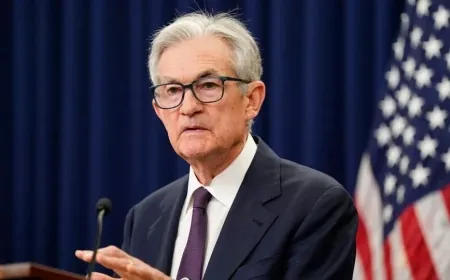Gary Cohn Suggests Next Targets for Elon Musk's Government Efficiency Plan
Gary Cohn shares views on Elon Musk's $1 trillion plan to reduce government waste and improve efficiency through DOGE.

The Elon Musk-led Department of Government Efficiency (DOGE) has entered its third month of operation, sparking mixed reactions. While some remain skeptical, others see an opportunity for substantial reform.
Gary Cohn, IBM vice chair and former director of the National Economic Council, voiced his support for eliminating wasteful spending. "There is waste, fraud, and abuse in the government, and addressing that has to be done," Cohn stated in a recent interview. Drawing on his experience as a top executive at Goldman Sachs and former chief economic adviser during the Trump administration, he emphasized the importance of streamlining operations.
"In every business I've worked in, I always analyzed where money was being wasted and identified areas to streamline operations," Cohn said. He expressed understanding of Musk's approach in spearheading aggressive cost-cutting initiatives through DOGE.
A Controversial Start
DOGE's formation with a $1 trillion government waste reduction target has faced both praise and criticism. The department’s rapid scrutiny of agencies resulted in layoffs and resignations, with some decisions later reversed. Cohn acknowledged the challenges of implementing drastic changes. "You can't take a scalpel on day one; you need a machete," he explained, suggesting that adjustments could follow once broader cuts are made.
Suggestions for Further Reform
Cohn proposed that DOGE investigate redundancies across government agencies. He specifically pointed to the financial services sector, where US banks often face oversight from up to 10 regulators, compared to just two in Europe and Asia.
"We may not need eight regulators when three or four would suffice," he said. Highlighting the Commodity Futures Trading Commission (CFTC) and the Securities and Exchange Commission (SEC), Cohn questioned the overlap in their responsibilities. He also noted the presence of numerous consumer protection regulators performing similar functions.
Smarter Regulation, Not Elimination
While advocating for efficiency, Cohn clarified that he supports sensible regulation rather than dismantling agencies outright. He suggested a complete reassessment of the regulatory landscape. "If we were to start from scratch, how many financial services regulators would we really need?" he posed.
Cohn warned of the tendency for regulators to justify their existence by pursuing cases unnecessarily. "Once regulators are established, they often feel compelled to find problems," he said. Consolidating responsibilities could enhance effectiveness while reducing redundant oversight.
Perspectives like Cohn’s provide insights on balancing fiscal responsibility with the need for proper governance. Whether Musk's bold initiative succeeds remains to be seen, but the conversation around government efficiency is undoubtedly gaining momentum.
Also Read: Musk Faces Pressure to Prove He Can Lead Tesla While Managing DOGE Role































































